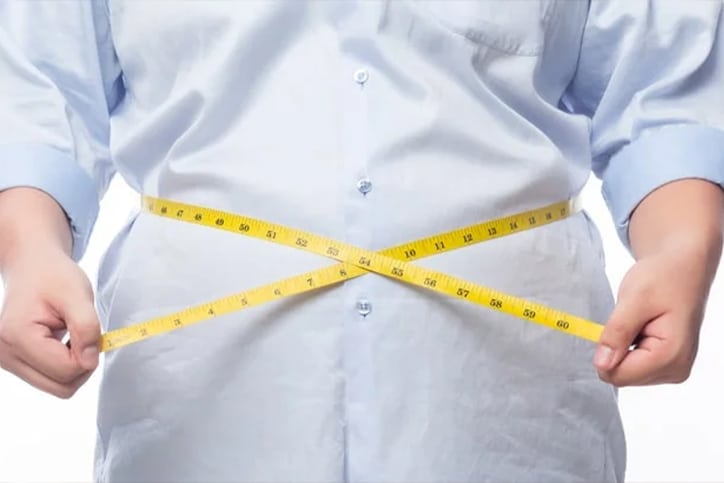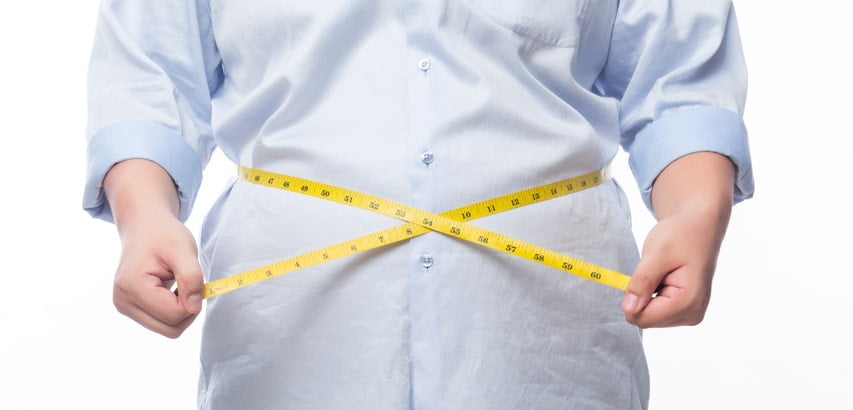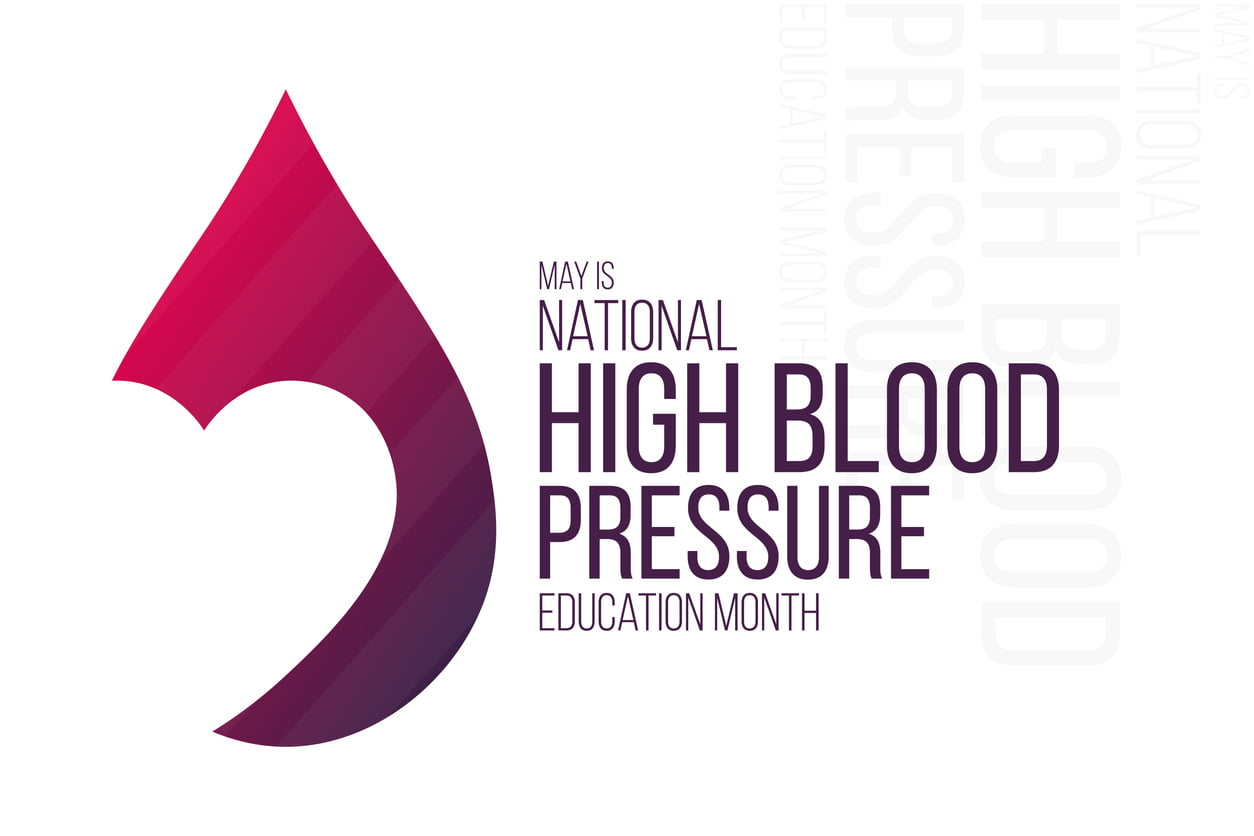

There are many different types of weight loss surgeries available today. With so many options, it can be difficult to choose the right one for you. One thing to consider when making this decision is how the surgery is performed, as this can make a difference in your recovery time, risk of complications, and overall results.
Gastric sleeves, for example, have the best results when using staple reinforcement. Birmingham Minimally Invasive Surgery exclusively offers this type of procedure to our patients in Alabama. Below, our bariatric surgeons highlight some of the benefits of staple reinforcement for gastric sleeves and other bariatric procedures.
The Benefits of Staple Reinforcement in Bariatric Surgery
Approximately 70% of bariatric surgeons, including those at BMI, have adopted the practice of staple reinforcement in their procedures. Along with improving patient outcomes, staple reinforcement offers a variety of benefits, which we will review below. To learn more about this method of performing bariatric surgery, consult with your surgeon, who will answer any questions you may have during your consultation.
1. Reduced Risk of Complications
Like any surgical procedure, bariatric surgery comes with a risk of complications. These can range from mild side effects like nausea to more serious concerns like internal bleeding. The use of staple reinforcement reduces the risk of such issues arising during or after surgery.
In particular, for gastric sleeves it reduces the risk of leaking. A gastric sleeve leak occurs when gastric fluids leak outside of the gastrointestinal tract, leading to a potentially serious infection. The increased reinforcement from the use of the staple reduces, and often eliminates, the risk of these leaks.
2. Faster, Easier Recovery
When you have surgery of any kind, including bariatric procedures, you want to recover as quickly as possible so you can return to your normal daily activities. Staple reinforcements in bariatric surgery allow you to do just that. By reducing the amount of time spent in surgery and in the hospital, you can return home sooner after your procedure, allowing you to heal in the comfort of your own space.
Patients also report fewer symptoms like bleeding and nausea after their procedures with staple reinforcement. With fewer side effects, recovering from bariatric surgery is easier and more comfortable. However, your personal risk of these symptoms may vary. Your surgeon will discuss these during your initial consultation and provide you with aftercare instructions to manage any side effects you may have.
3. Better Patient Outcomes
Patients who have a gastric sleeve with staple reinforcement have better outcomes than those who do not. The reduced risk of complications and easier recovery allows for better results. Patients who have had this procedure tend to lose more weight and keep it off longer, reducing the need for invasive revisional weight loss surgery.
In fact, gastric sleeves with staple reinforcement can be done as a revisional procedure for those with LAP-Bands who are seeking better results. If you are such a patient, your surgeon can help you determine if this option is right for you, along with the potential outcomes of this procedure based on your individual goals.
4. Reduced Costs
Weight loss surgery can be costly, especially if your insurance doesn’t cover it. By reducing the amount of time you are hospitalized, if at all, staple reinforcement can lower the cost of your procedure. Gastric sleeves are typically performed at an outpatient surgical center, which is less expensive than a traditional hospital.
This method of performing this procedure, along with our partnership with St. Vincent’s Hospital in Birmingham, AL, is part of how BMI has been able to offer our patients the most affordable gastric sleeve procedure in the United States. To learn more about your financing options for this procedure, schedule a consultation today.
Explore Your Weight Loss Surgery Options in Alabama
The decision to have weight loss surgery is one that should be well-researched. This includes learning how procedures are performed and how they can help you reach your weight loss goals. The more well-informed you are about your options, the more empowered you will be to make decisions about your care.
Birmingham Minimally Invasive Surgery offers a variety of bariatric procedures, including staple-reinforced gastric sleeves. Our bariatric surgeons can help you determine which one is right for you and create a customized care plan. To explore your options for weight loss surgery in Alabama, contact us at (205) 858-1211.
Learn More About Staple-Reinforced Gastric Sleeves at BMI
Finding the right bariatric procedure to help you reach your weight loss goals can be challenging, but it doesn’t have to be. The Birmingham Minimally Invasive Surgery team is here to help you explore the options you have for your bariatric treatment. To learn more about any of the procedures we offer, including staple-reinforced gastric sleeves, contact us at (205) 858-1211.












